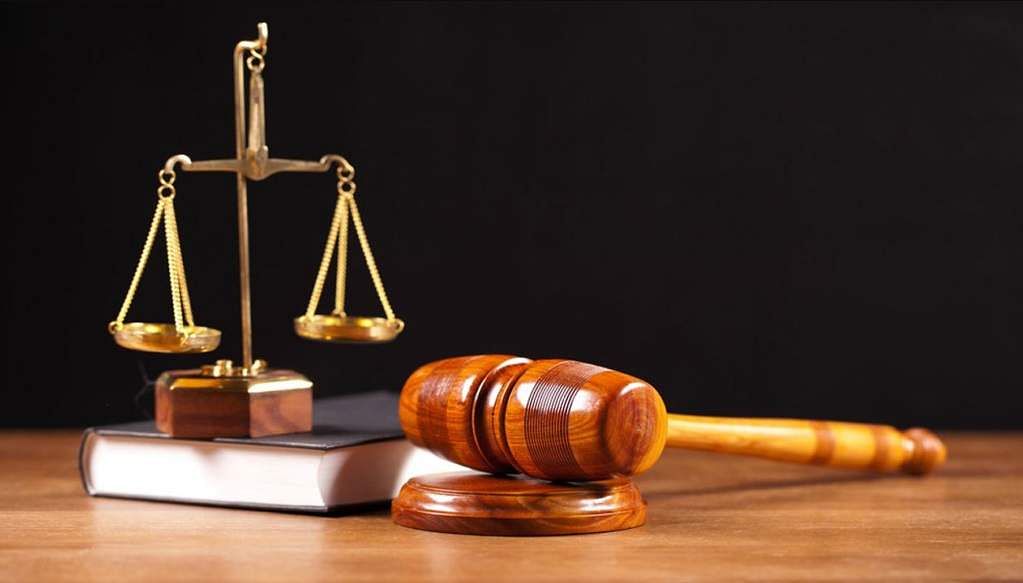A Russian engineer has been sentenced to 16 years in prison after being convicted of high treason for allegedly providing military secrets to Ukraine, according to a court ruling on Tuesday, November 5.
Daniel Mukhametov, 32, an engineer employed at Uralvagonzavod, a major Russian tank manufacturer located in Nizhny Tagil in the Urals, was found guilty of passing sensitive military and technical information to Ukrainian intelligence services. The verdict was issued by a regional court in Sverdlovsk, Russia.
The case began in 2023 when Mukhametov and his wife, Viktoria Mukhametova, who also worked at Uralvagonzavod, were arrested by the FSB, Russia’s Federal Security Service. The couple was accused of supplying Ukrainian authorities with critical details about Russia’s military capabilities.
Mukhametov reportedly “partially admitted his guilt” during the trial, which led to his conviction on charges of high treason.
He was sentenced to 16 years in prison, while his wife was sentenced earlier this month to 12.5 years on the same charges.
Uralvagonzavod is one of the world’s largest tank manufacturers and a key player in Russia’s military industry, producing advanced weaponry including the T-90 and T-14 Armata tanks.
The company’s strategic importance has made it a target for espionage cases, especially in the context of Russia’s ongoing conflict in Ukraine.
The Mukhametovs’ case is one of several espionage-related prosecutions that have emerged in Russia since its invasion of Ukraine in February 2022. Since the war began, thousands of Russians have been detained, prosecuted, or fined for various forms of dissent, including opposition to the war. Russia has intensified crackdowns on perceived traitors and has prosecuted a number of individuals accused of aiding Ukraine.
Human rights groups and international observers have raised concerns about the fairness of trials in Russia, with many alleging that the legal system has been weaponized against those accused of opposing the government’s actions or aiding the enemy.
Mukhametov’s conviction highlights the growing tensions within Russia as the government continues to ramp up its efforts to suppress dissent and prevent the leakage of sensitive military information to Ukraine.



